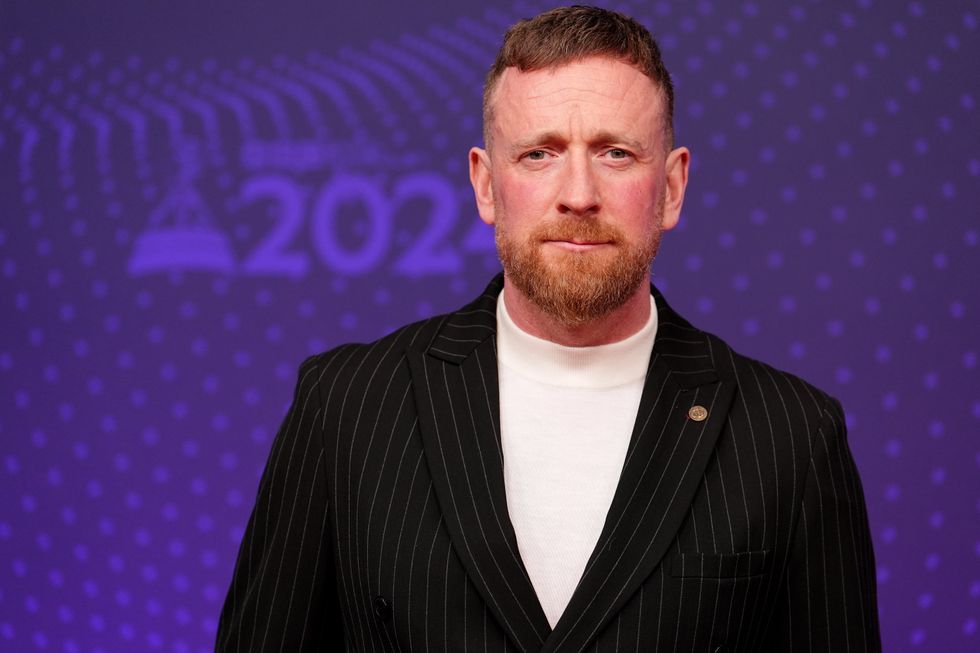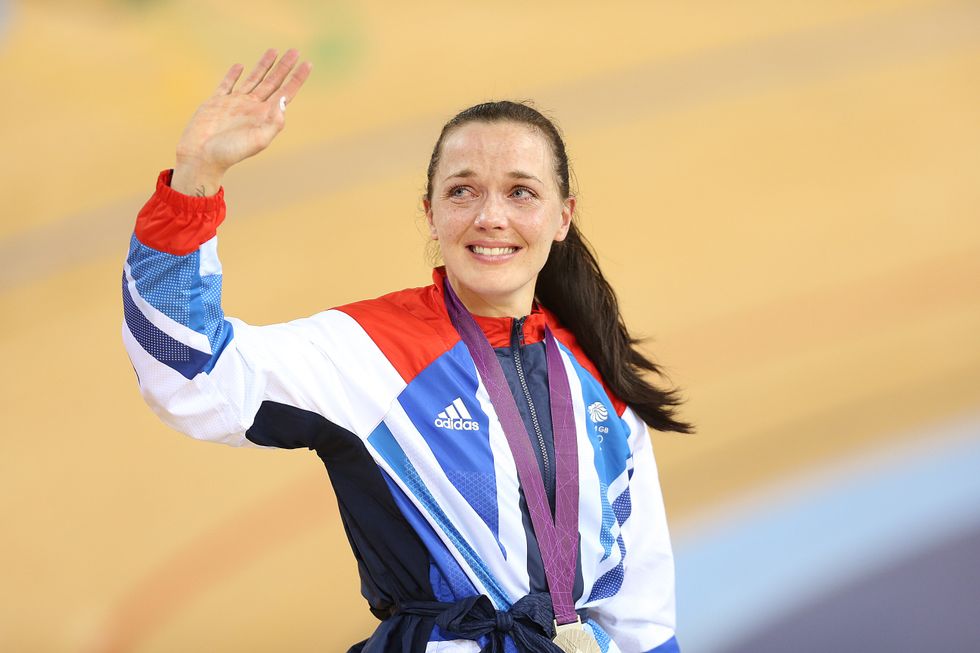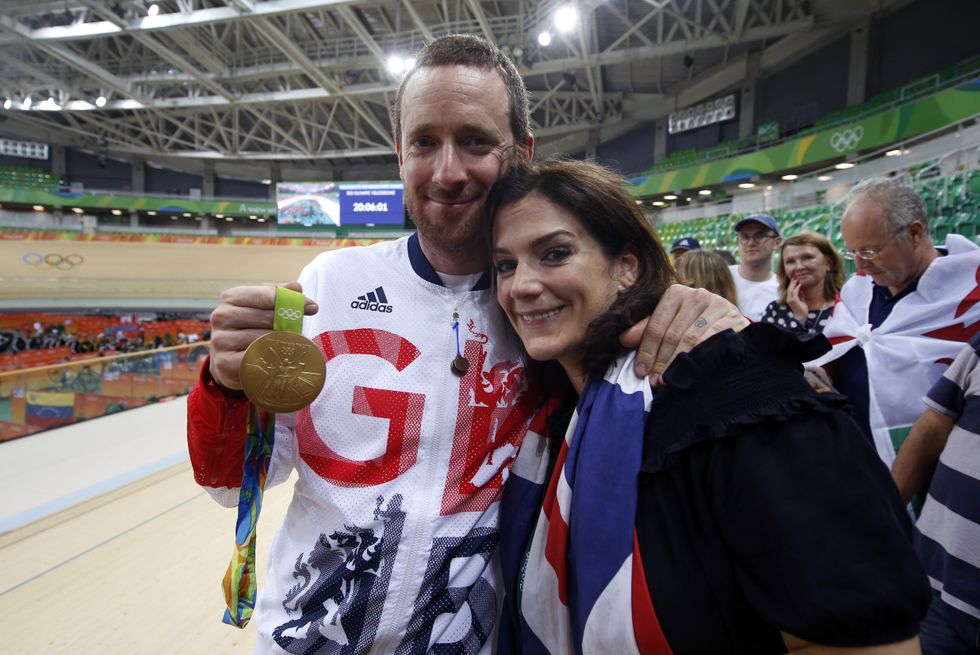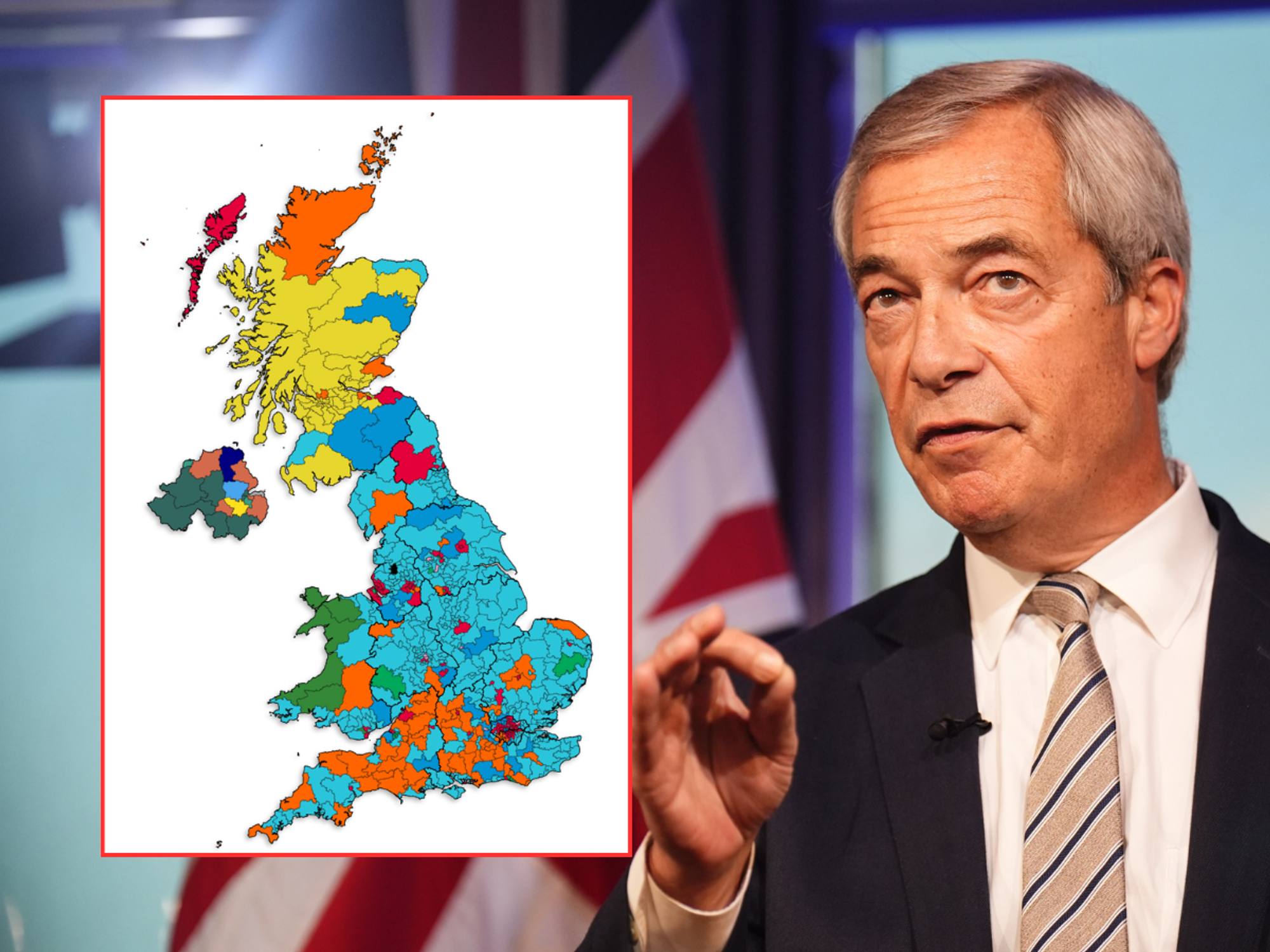Sir Bradley Wiggins makes serious allegation after 'hearing sexist, racist and homophobic language'

The cycling legend has opened up in a new book
Don't Miss
Most Read
Sir Bradley Wiggins has alleged that he overheard discriminatory remarks during his time within British Cycling, claiming that racist, sexist and homophobic language was used by officials while he was part of the national programme.
The five-time Olympic gold medallist and 2012 Tour de France winner made the claims in his new autobiography The Chain, which details his 18-year career based at the Manchester Velodrome between 1998 and 2016.
In the book, the 45-year-old describes hearing comments he regarded as inappropriate and disrespectful towards fellow British athletes, including Victoria Pendleton and Shanaze Reade, as well as a gay staff member.
Wiggins does not name the individual he alleges made the remarks, referring only to a “senior person” within the organisation at the time.
TRENDING
Stories
Videos
Your Say
He writes that the atmosphere in elite cycling often blurred the line between “critical and derogatory” and that he would not have wanted his own daughter to experience the same environment.
Recalling one instance before a World Cup event in Manchester, Wiggins says he heard a comment implying that an athlete’s performance was linked to her menstrual cycle.
“We were four lads, definitely not choirboys,” he wrote. “But we all knew what was said was completely out of order.

Sir Bradley Wiggins is one of the biggest legends in British cycling history
| PA“This was a senior person talking about an Olympic champion, not a joke in a football changing room from the 1970s.”
Wiggins also alleges that similarly offensive remarks were made about Reade, referencing her race in a comparison involving another international cyclist.
He describes being “shocked” by what he heard, writing that the comments left those around him “with their jaws on the floor.”
LATEST DEVELOPMENTS

Sir Bradley Wiggins has claimed he overheard sexist language being used in regards to Victoria Pendleton
| GETTYThe retired rider further claims that a gay member of staff was subjected to homophobic language, saying the individual eventually left British Cycling after feeling he could no longer work in the environment.
“If anyone had to quit, it should have been the person who made the comment,” Wiggins wrote, suggesting that double standards existed within the organisation.
He also reflected on the disciplinary actions taken against other members of staff during his time there, questioning whether consistent standards had been applied.
Wiggins says that after his retirement he declined British Cycling’s offer to erect a statue of him outside the Manchester Velodrome, explaining that he felt “unappreciated and rejected” by the governing body.
British Cycling issued a statement in response to the claims, emphasising that the organisation does not tolerate discrimination in any form.
A spokesperson said, per The Sun: “British Cycling does not tolerate any form of discrimination.

Sir Bradley Wiggins won gold in four consecutive Olympic Games, with his most recent coming in 2016 in Brazil
| PA“The Cycling Independent Review, which was published in 2017, determined that change was needed to address the historical allegations made during the run into the Rio 2016 Games.
“Over the past two Olympic and Paralympic cycles we have demonstrated rider-centric cultural change that supports our riders to continue to chase their dreams and win well in a safe and supportive environment.
“We are committed to continuing to provide a respectful and inclusive culture for our riders to thrive, both on and off the bike.”
The Cycling Independent Review, commissioned by UK Sport and British Cycling in 2016, examined claims of inappropriate behaviour and cultural issues within the sport’s elite programme.
The review led to significant changes in the organisation’s leadership and governance, with reforms introduced to strengthen athlete welfare and promote inclusion.
Wiggins, one of Britain’s most decorated Olympians, concludes in his book that cycling has evolved since his time in the sport but believes there is still work to be done to ensure future generations are treated with respect and equality.










